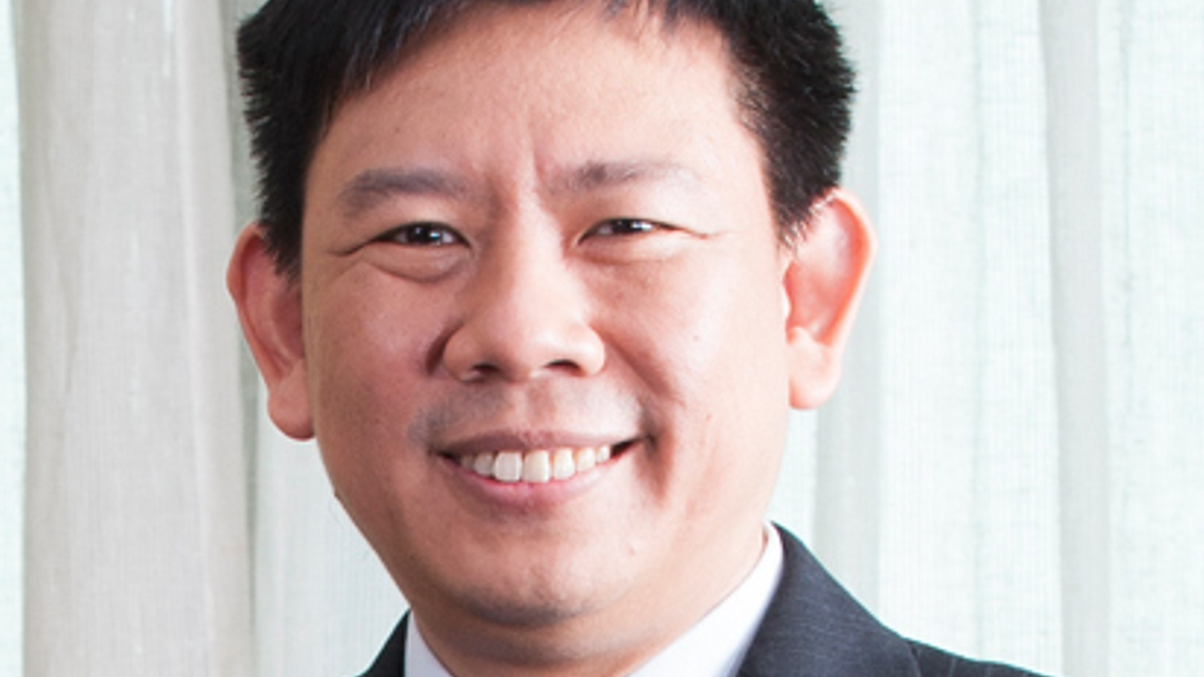Malaysia's SC addresses Asean passport concerns
The Securities Commission has responded to suggestions it is moving too slowly in terms of implementing the Asean Collective Investment Scheme compared with other countries.

Malaysia's securities regulator has sought to clarify what it sees as a wrongful perception that it is not moving as fast as its Singapore counterpart in pushing forward the Asean Collective Investment Scheme (CIS).
Sign in to read on!
Registered users get 2 free articles in 30 days.
Subscribers have full unlimited access to AsianInvestor
Not signed up? New users get 2 free articles per month, plus a 7-day unlimited free trial.
¬ Haymarket Media Limited. All rights reserved.


